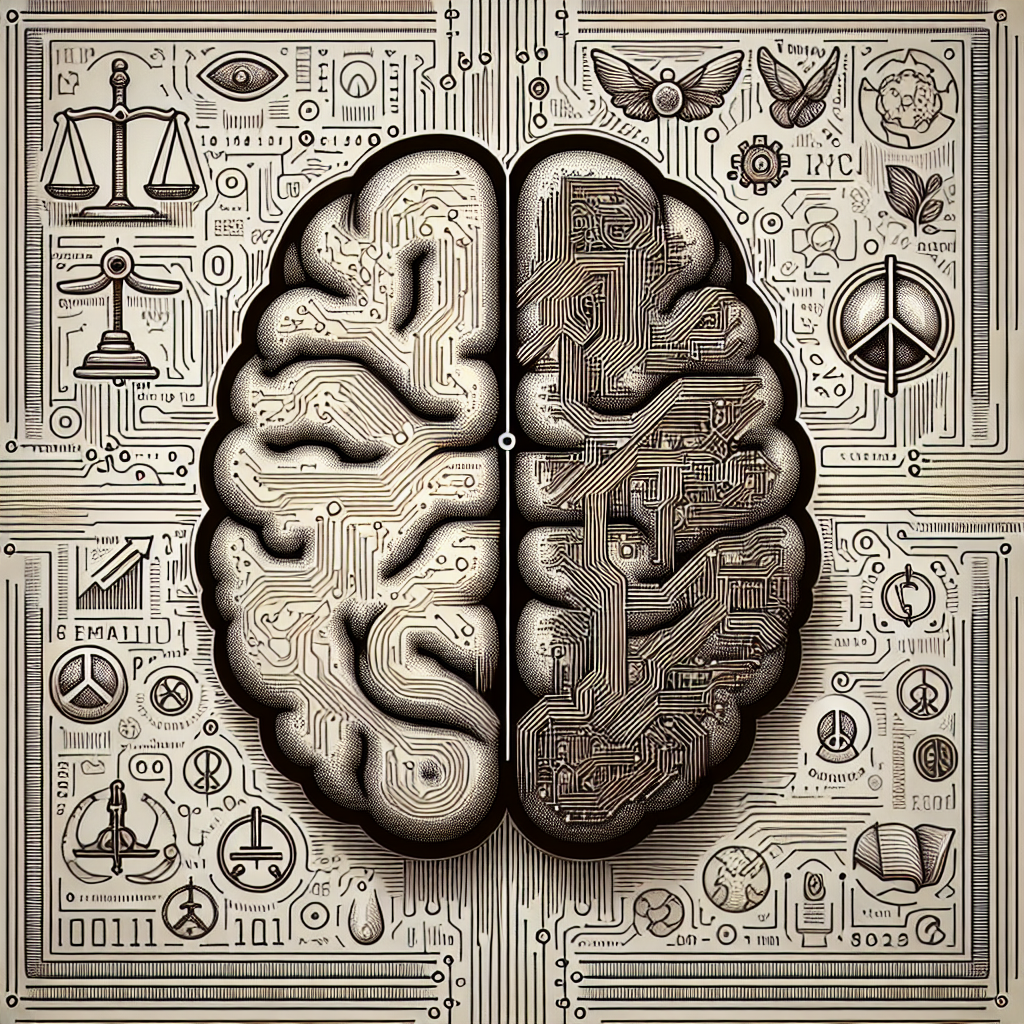The Ethics of AGI: Navigating the Complexities of Artificial General Intelligence
Artificial General Intelligence (AGI) is a rapidly advancing field of artificial intelligence that aims to create machines with human-level intelligence. While AGI has the potential to revolutionize society in positive ways, it also raises a host of ethical concerns that must be carefully considered and addressed.
In this article, we will explore the ethical implications of AGI, including issues related to privacy, security, fairness, and accountability. We will also discuss the challenges of regulating and governing AGI technologies, and explore potential solutions to these complex ethical dilemmas.
What is AGI?
AGI refers to machines that have the ability to perform any intellectual task that a human can. Unlike narrow AI systems, which are designed for specific tasks such as playing chess or recognizing faces, AGI systems are able to generalize their learning to new and unfamiliar situations.
AGI is still in the early stages of development, but researchers are making rapid progress in creating machines that exhibit human-like intelligence. Some experts predict that AGI could be achieved within the next few decades, while others believe it may take much longer.
Ethical Concerns of AGI
As AGI technologies advance, they raise a number of ethical concerns that must be addressed. Some of the key issues include:
Privacy: AGI systems have the potential to collect and analyze vast amounts of personal data, raising concerns about privacy and data security. How can we ensure that individuals’ personal information is protected when using AGI technologies?
Security: AGI systems could be vulnerable to hacking or manipulation, leading to potential security threats. How can we safeguard AGI systems from malicious actors and ensure they are used responsibly?
Fairness: AGI technologies have the potential to perpetuate or even exacerbate existing social inequalities. How can we ensure that AGI systems are designed and implemented in a way that promotes fairness and equity?
Accountability: AGI systems may make decisions that have far-reaching consequences, raising questions about who is responsible for their actions. How can we hold AGI systems and their creators accountable for the outcomes of their decisions?
Regulation and Governance
Regulating AGI technologies poses a significant challenge, as they are still in the early stages of development and their capabilities are not yet fully understood. However, it is crucial that policymakers begin to address these issues in order to ensure that AGI technologies are developed and used responsibly.
One approach to regulating AGI is to establish clear guidelines and standards for the design and deployment of these technologies. This could include requirements for transparency, accountability, and fairness, as well as mechanisms for auditing and monitoring AGI systems.
Another important consideration is the development of international agreements and standards for AGI technologies. Given the global nature of AI research and development, it is essential that countries work together to ensure that AGI technologies are developed in a way that promotes ethical values and principles.
FAQs
Q: What are the potential benefits of AGI?
A: AGI has the potential to revolutionize a wide range of industries, from healthcare and education to transportation and finance. By creating machines with human-level intelligence, we could automate tedious tasks, improve decision-making processes, and unlock new possibilities for innovation and creativity.
Q: How can we ensure that AGI technologies are developed ethically?
A: One approach is to establish clear guidelines and standards for the design and deployment of AGI technologies. This could include requirements for transparency, accountability, and fairness, as well as mechanisms for auditing and monitoring AGI systems. It is also important for researchers, policymakers, and industry leaders to engage in open and transparent discussions about the ethical implications of AGI.
Q: What are the risks of AGI?
A: AGI technologies pose a number of risks, including threats to privacy, security, fairness, and accountability. If not carefully managed, these risks could have serious consequences for individuals and society as a whole. It is therefore essential that we address these ethical concerns and develop robust mechanisms for regulating and governing AGI technologies.
In conclusion, the development of AGI poses significant ethical challenges that must be carefully considered and addressed. By engaging in open and transparent discussions about these issues, we can work towards creating a future in which AGI technologies are developed and used in a way that promotes the well-being of individuals and society as a whole.

